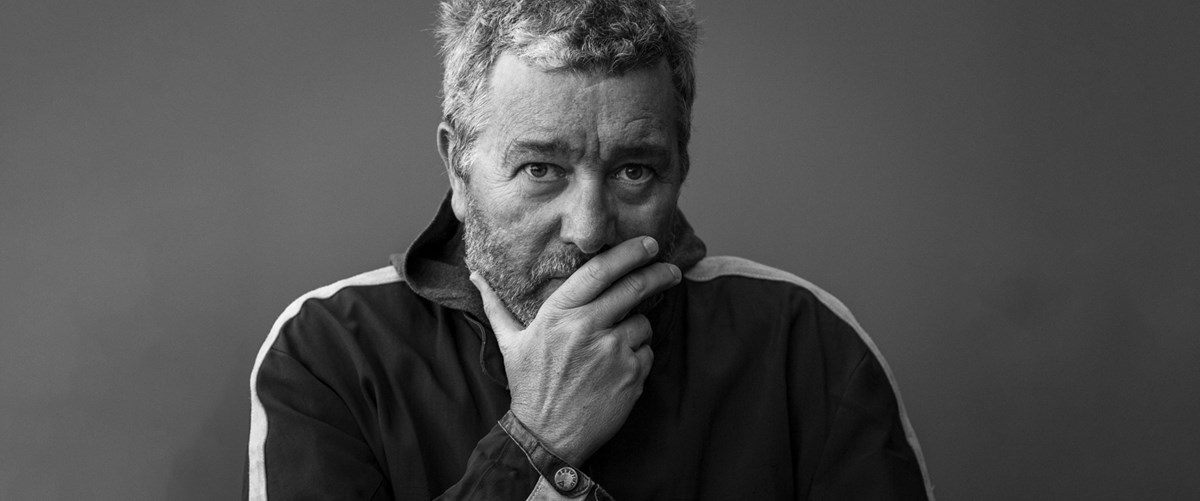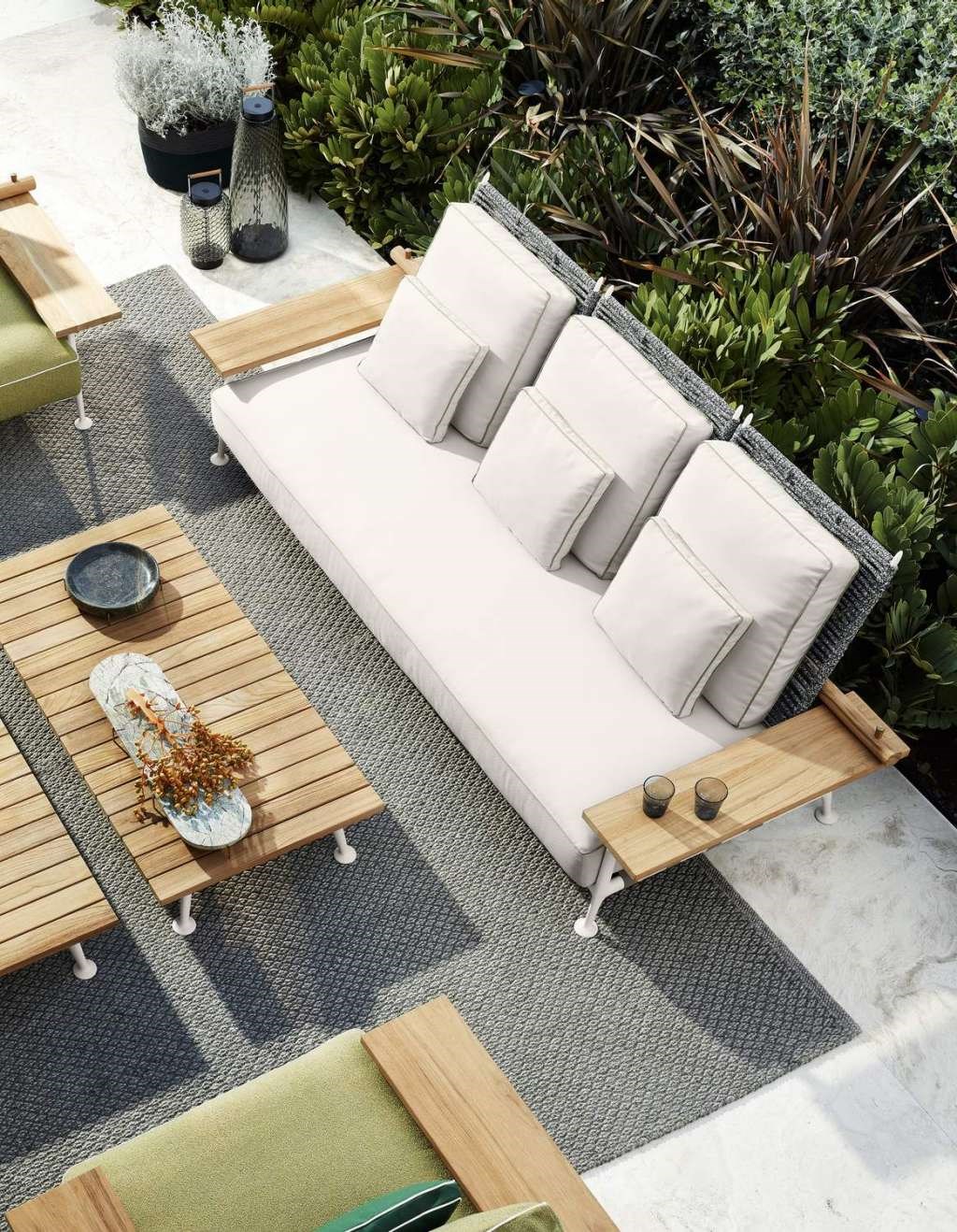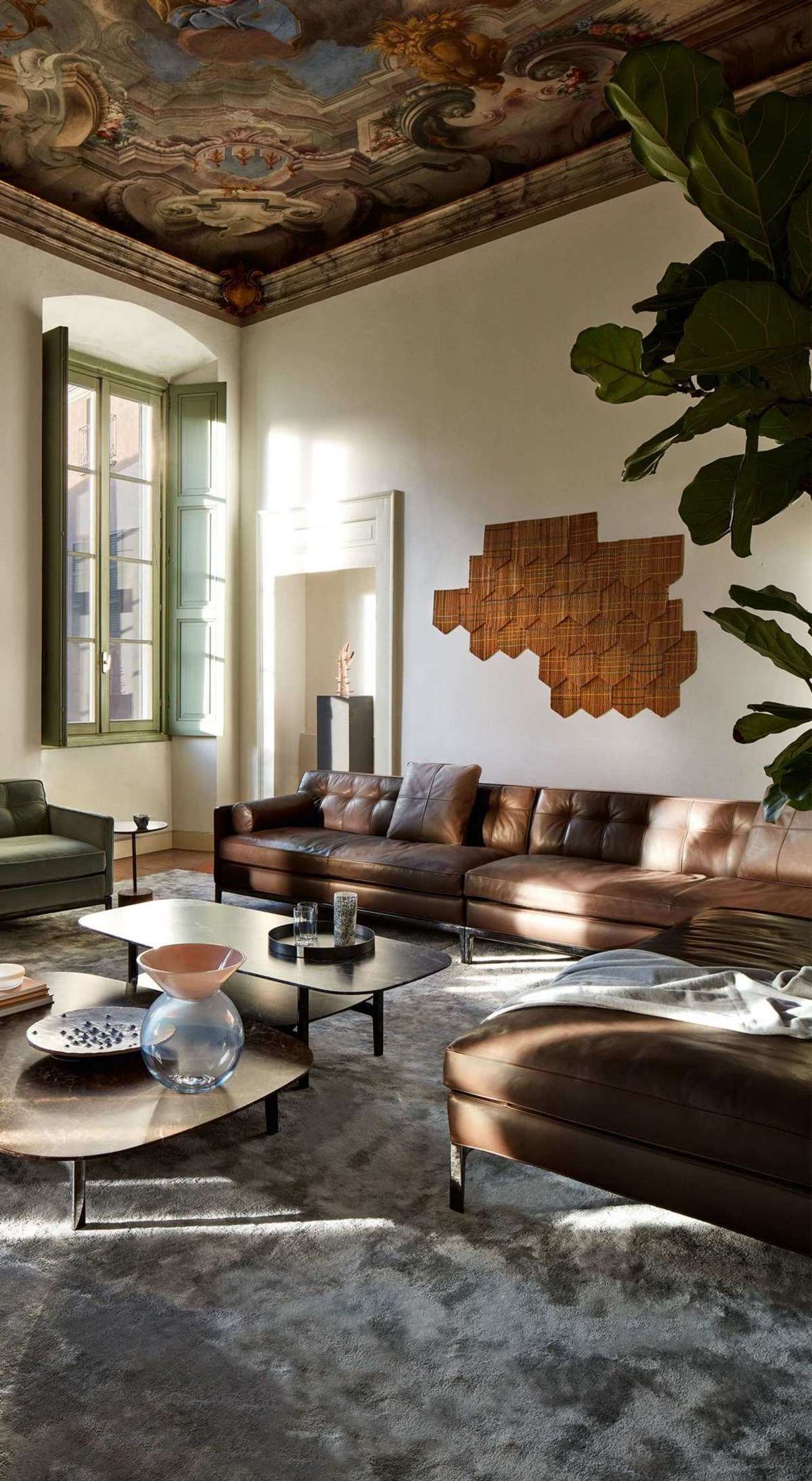Fenc-e Nature Armchair
- Designer:
- Philippe Starck
- Brand:
- Cassina Outdoor
We don't appear to have any products related to your search term. Please try again.
Shipping and discount codes are added at checkout.

Philippe Starck
"Subversive, ethical, ecological, political, humorous… this is how I see my duty as a designer."
A career rich with 10,000 creations - completed or yet to come - global fame and tireless protean inventiveness should never overshadow the essential, Philippe Starck has a mission, a vision: that creation, whatever form it takes, must improve the lives of as many people as possible.
Starck vehemently believes this poetic and political, rebellious and benevolent, pragmatic and subversive duty should be shared by everyone. He sums it up with the humour that’s set him apart from the very beginning: “No one has to be a genius, but everyone has to participate.”
In the eyes of this accomplished citizen of the world, sharing his ethical and humanist vision of a more equal planet is a duty, if not a moral imperative, that results in unconventional projects, bearing fertile surprises. It’s easy to guess his course of action: an object must be useful before being beautiful.
His prophetic awareness of ecological implications, his deep understanding of contemporary mutations, his enthusiasm for imagining new lifestyles, his determination to change the world, his commitment to sustainable de-growth, his love of ideas, his concern with defending the intelligence of usefulness – and the usefulness of intelligence – have taken him from iconic creation to iconic creation... From everyday products like furniture and lemon squeezers to revolutionary mega-yachts, intensely vibrant, stimulating and phantasmagorical hotels and the miraculous technologies of individual wind turbines and the electric car, he never stops pushing the limits and criteria of contemporary design. It’s as a true visionary that he puts this art of innovation to the service of a design and democratic ecology, action-driven and respectful to both human and nature’s heritage, whether it’s with the Elise recycling bin or the Zartan, the first entirely recycled roto-moulded chair. The affordable and adjustable P.A.T.H. houses – high-tech pre-fab habitations – recently attested to the durability of an approach that he initiated in 1994 with the prefab house on sale in the 3 Suisses catalogue.
Heralding the phenomena of convergence and dematerialisation, Philippe Starck aims straight for the heart, highlighting the essential, extracting the structural minimum of every object, in order to offer creations and propositions closest to Man and Nature, best adapted to the future.
Just look at the mega-yacht A, symbol of minimalist elegance, or the Zik earphones for Parrot. He dreams of solutions so vital that he was the first French man to be invited to the TED conferences (Technology, Entertainment & Design) alongside renowned participants including Bill Clinton and Richard Branson.
Inventor, creator, architect, designer, artistic director, Philippe Starck is certainly all of the above, but more than anything he is an honest man directly descended from the Renaissance artists.

